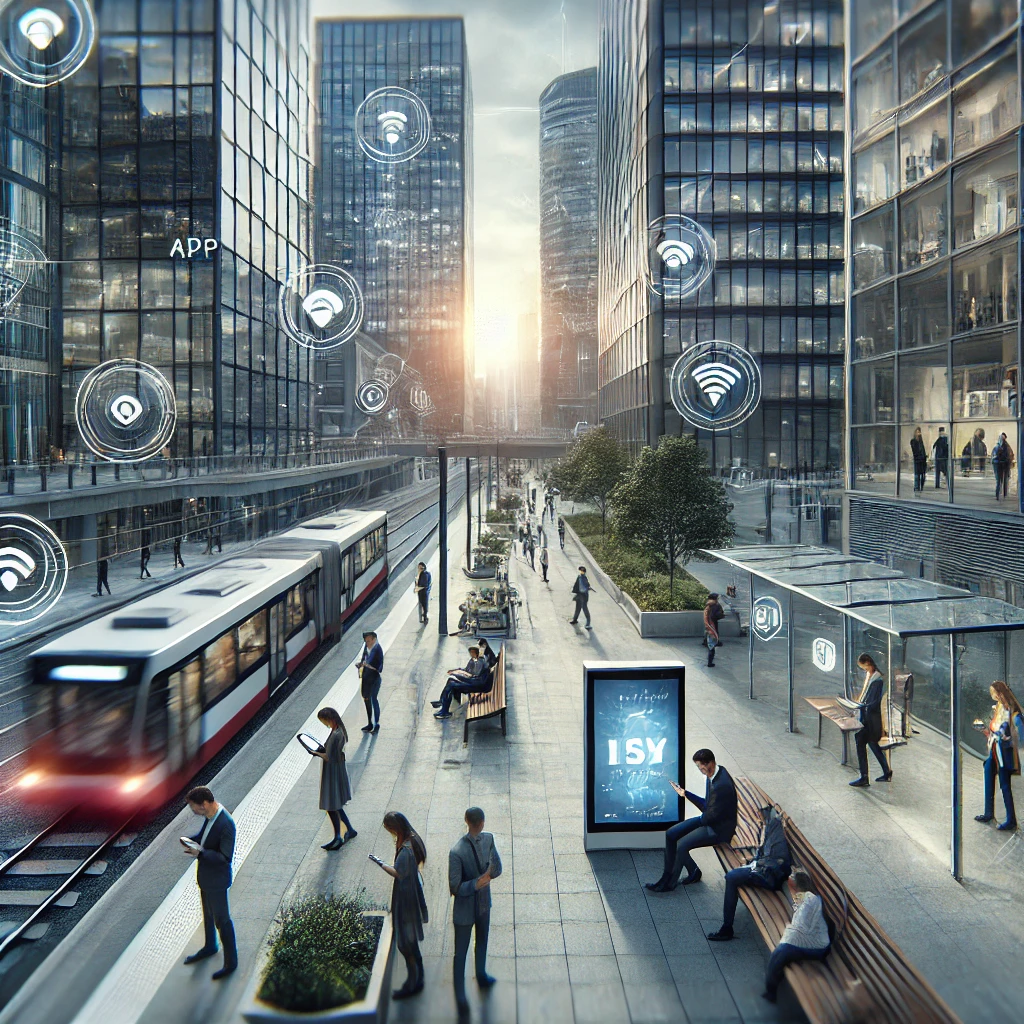Mobile technology has revolutionized the way we live, work, and interact. From enabling instant communication to reshaping entire industries, the pervasive impact of mobile devices is evident in nearly every aspect of modern life. Businesses and individuals alike have embraced this technology, leveraging it to create innovative solutions and drive growth.
The Influence of Mobile Technology on Society Mobile technology has become an indispensable part of daily life, providing unprecedented levels of convenience and connectivity. Smartphones and tablets have evolved beyond communication tools to multifunctional devices capable of handling a vast array of tasks. Mobile apps facilitate everything from banking and shopping to education and healthcare, allowing users to perform complex activities with a few taps.
The integration of mobile technology into public services and transportation has also enhanced urban living. Mobile ticketing systems, navigation apps, and real-time transit updates have streamlined the daily commute. Additionally, mobile technology fosters inclusivity, offering people in remote areas access to services and information that were previously inaccessible.
Mobile devices have also transformed how we interact with one another. Social media platforms and messaging apps provide constant connectivity, bridging distances and enabling real-time communication. While this has fostered stronger personal and professional relationships, it has also raised concerns about digital well-being and the need for responsible usage.
The Business Impact of Mobile Technology In the business world, mobile technology is a key driver of innovation and efficiency. Mobile apps empower companies to engage customers in new and dynamic ways, from personalized marketing to seamless e-commerce experiences. Businesses can now operate remotely with the help of mobile technology, using tools that enable virtual collaboration and cloud-based workflows.
Mobile payment systems, such as mobile wallets and QR codes, have revolutionized commerce by offering secure and efficient transaction methods. These advancements have not only simplified consumer spending but have also opened new opportunities for small and medium-sized enterprises to compete in the digital marketplace.
Moreover, mobile technology supports data-driven decision-making. With real-time analytics accessible on mobile devices, businesses can quickly adapt strategies and respond to market changes. Industries such as healthcare, education, and logistics have significantly benefited from mobile technology, leveraging it to optimize operations and enhance service delivery.
The Future of Mobile Technology As mobile technology continues to evolve, its potential to reshape society and industries is boundless. Emerging technologies such as 5G, augmented reality (AR), and artificial intelligence (AI) will further amplify the capabilities of mobile devices. Faster connectivity will enable real-time applications, while AR and AI will transform user experiences, making them more immersive and personalized.
Mobile technology will also play a crucial role in bridging the digital divide, ensuring that more people have access to the tools and resources needed to thrive in an increasingly digital world. Businesses and governments must continue to invest in mobile infrastructure and innovation to unlock its full potential.


